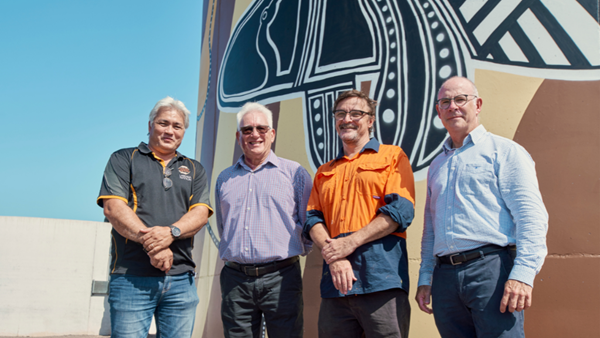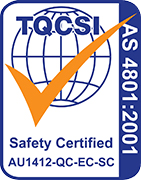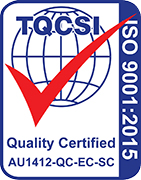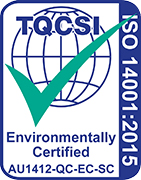
Media Release: Council reaches PFAS treatment milestone
13 October, 2022
A cutting-edge treatment plant is now operational at City of Darwin’s Shoal Bay Waste Management Facility in an Australian-first approach to reducing the threat of PFAS.
Leachate is a liquid generated in landfill when water passes through waste material. It commonly contains heavy metals, ammonia and PFAS, which has the potential to cause harm to human health and the environment.
Lord Mayor Kon Vatskalis said City of Darwin’s treatment plant sets a new Australian standard for dealing with leachate, including PFAS, which is found in everyday products and ultimately find their way into the waste stream.
“City of Darwin is leading the country with this technology, all the while making excellent progress towards addressing legacy environmental issues at Shoal Bay,” Mr Vatskalis said.
“Leachate and PFAS are problems faced by all Australian waste management facilities, and we now have a solution that protects our environment and meets the requirements of the NT Environment Protection Authority.”
Mr Vatskalis said City of Darwin awarded Brisbane-based Water & Carbon Group a $13.2 million contract in 2019 to design, construct and operate a leachate treatment plant to suit Darwin’s extreme environment.
“We were attracted to the Water & Carbon Group’s process because it uses only naturally sourced substances and does not contribute to the build-up of chemicals in the environment,” Mr Vatskalis said.
Water & Carbon Group CEO Jim Hunter said the company was pleased to successfully deliver one of Australia’s first PFAS solutions for landfill leachate.
“Our technology includes the creation of Australia’s first system to remove PFAS from leachate, the Low-Energy Evaporative Fractionation (LEEF) system,” Mr Hunter said.
“Our unique LEEF system is designed to extract up to 99 per cent of PFAS contaminants from leachate, using minimal energy, and no chemicals or consumables.
“By integrating the system with a wetland buffer to treat ammonia and finally vetiver grass to remove any trace contaminants, it means no pollutants enter the environment.
“City of Darwin is a leader in tackling PFAS in landfill leachate, and our new technology has proved contaminated water from landfill sites can be treated.”
The end products are water used to irrigate vetiver grass plantations at Shoal Bay, and a solid activated carbon material containing the PFAS, which will be destroyed at a licensed facility.







